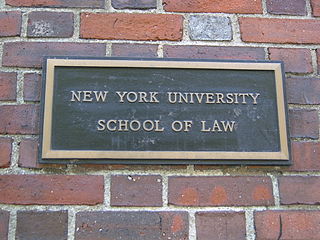Too many guides, not enough style
 My previous post on the advent of the Irish Law Journal led to some quite interesting discussion about the nature of citation styles and how crowded the market for legal journals in Ireland is.
My previous post on the advent of the Irish Law Journal led to some quite interesting discussion about the nature of citation styles and how crowded the market for legal journals in Ireland is.
By way of supplement, I see that 15 Lambton Quay records the final publication of New Zealand’s uniform style guide. I blogged about it at the proposal stage here. Up until now, Law schools, law firms, publishers and courts have been using their own idiosyncratic and confusing styles when referring to legal material. Now, New Zealand’s six law schools, three main legal publishers, major law reviews, and a number of courts, including the Supreme Court and Court of Appeal, have adopted the guide this year. From the 15 Lambton Quay website [with added links]:
The Guide was launched by Justice John McGrath. A uniform guide has been a long time coming! .. The new guide is the result of the combined efforts of many across the profession. Justice Chambers of the Court of Appeal spearheaded the project … The guide was only made possible through generous funding from the New Zealand Law Foundation. …
A web-based version of the guide has been made available on the New Zealand law Foundation’s website.…





